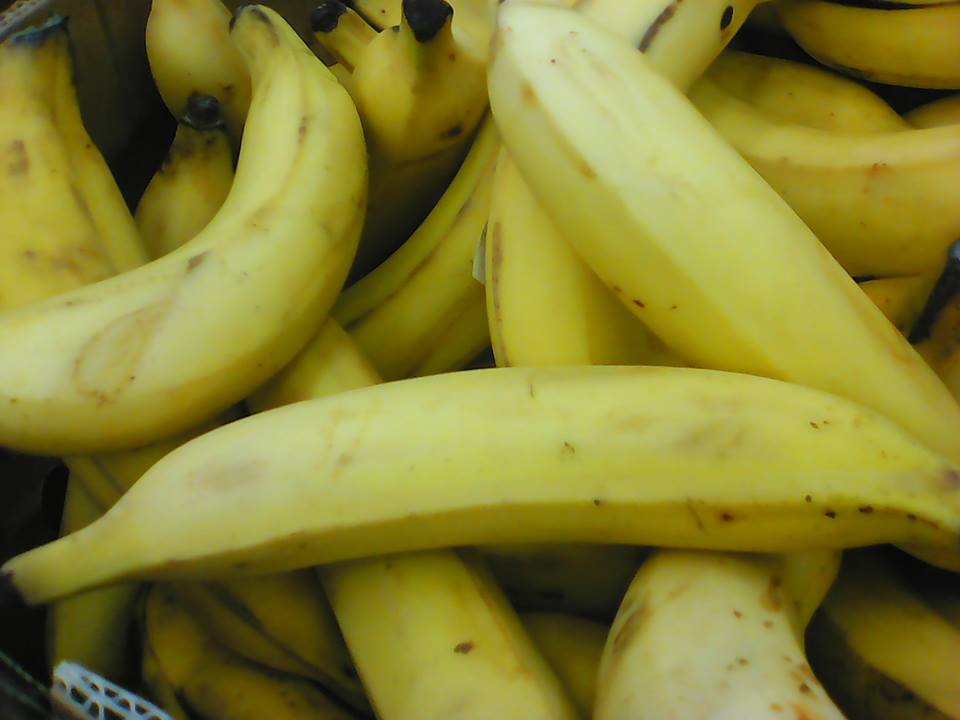Nov 18, 2015
Plantain's Nutritional and Health Benefits
Finding ways to alleviate hunger and poverty does not always depend on new crop varieties that are bred in a laboratory. Instead, reigniting an interest in—and a taste for—indigenous and traditional foods can help improve nutrition, increase incomes, restore agricultural biodiversity, and preserve local cultures. One crop that is used in preparing a variety of traditional Ghanaian foods is plantain. The attractiveness of plantain as food is that it fruits all year round, making it more reliable all-season staple food, particularly in communities living in mountains or forests with inadequate food storage, preservation and transportation technologies.
Plantain is used in a variety of traditional Ghanaian foods as in kelewele, ampesi, fufu, konkonte, kooko (porridge), oto, roasted plantain and groundnuts (Kofi Brokeman), tatale ne edua, ofam, sanku dokono, epitsi, kooko ne edua (red-red) and akrakro. These days, some street food sellers have come up with plantain chips. Some of the street food sellers bag the plantain chips in plastic bag that is sealed by stapling. If the plastic bag will be vacuum sealed as is done with nkatie burgher, then the shelf life of the plantain chips will be extended tremendously.
Fresh plantains have more vitamin C than bananas. 100 g provide 18.4 mg or 31% of daily required levels of this vitamin. Consumption of foods rich in vitamin-C helps the body develop resistance against infectious agents and scavenge harmful oxygen-free radicals. However, boiling and cooking destroys much of this vitamin in plantains.
Plantains carry more vitamin A than bananas. 100 g fresh ripe plantains contain 1127 IU or 37.5% of daily required levels of this vitamin. Besides being a powerful antioxidant, vitamin A plays a vital role in the visual cycle, maintaining healthy mucus membranes, and enhancing skin complexion.
As in bananas, they too are rich sources of B-complex vitamins, particularly high in vitamin-B6 (pyridoxine). Pyridoxine is an important B-complex vitamin that has a beneficial role in the treatment of neuritis, anemia, and to decrease homocystine (one of the causative factors for coronary artery disease (CHD) and stroke episodes) levels in the body. In addition, the fruit contains moderate levels of folates, niacin, riboflavin and thiamin.
They also provide adequate levels of minerals such as iron, magnesium, and phosphorous. Magnesium is essential for bone strengthening and has a cardiac-protective role as well.
Fresh plantains have more potassium than bananas. 100 g fruit provides 499 mg of potassium (358 mg per 100 g for bananas). Potassium is an important component of cell and body fluids that helps control heart rate and blood pressure, countering negative effects of sodium.
In addition to being used in preparing a variety of traditional Ghanaian foods, plantain has other uses including medicinal uses. The peel from the fruit is good source for potash for making organic soap (amonkye semina). The dried leaves are used in wrapping Fantse dokono and apitsi. The pulp from the stem is used in dressing cuts and bruises.


